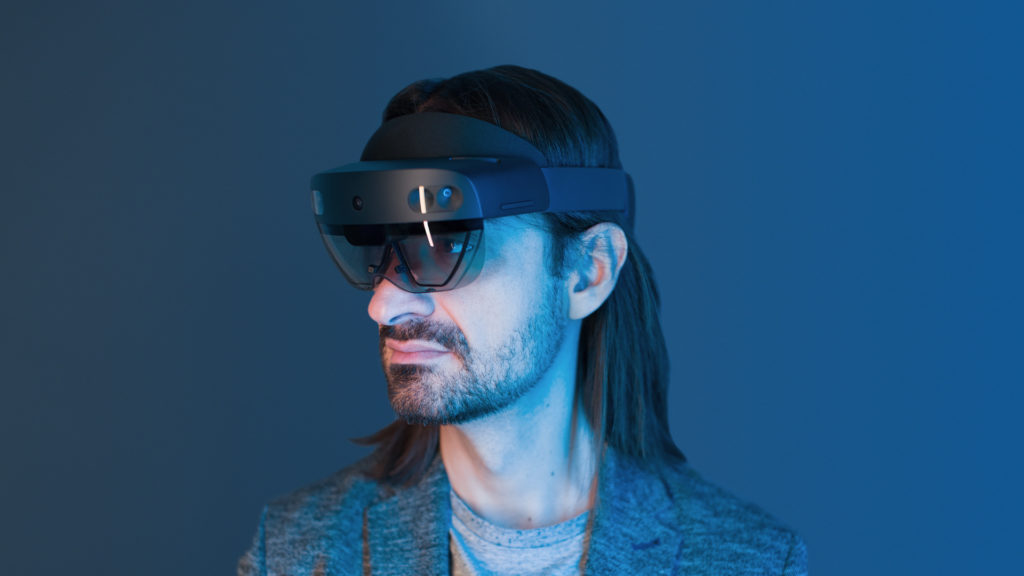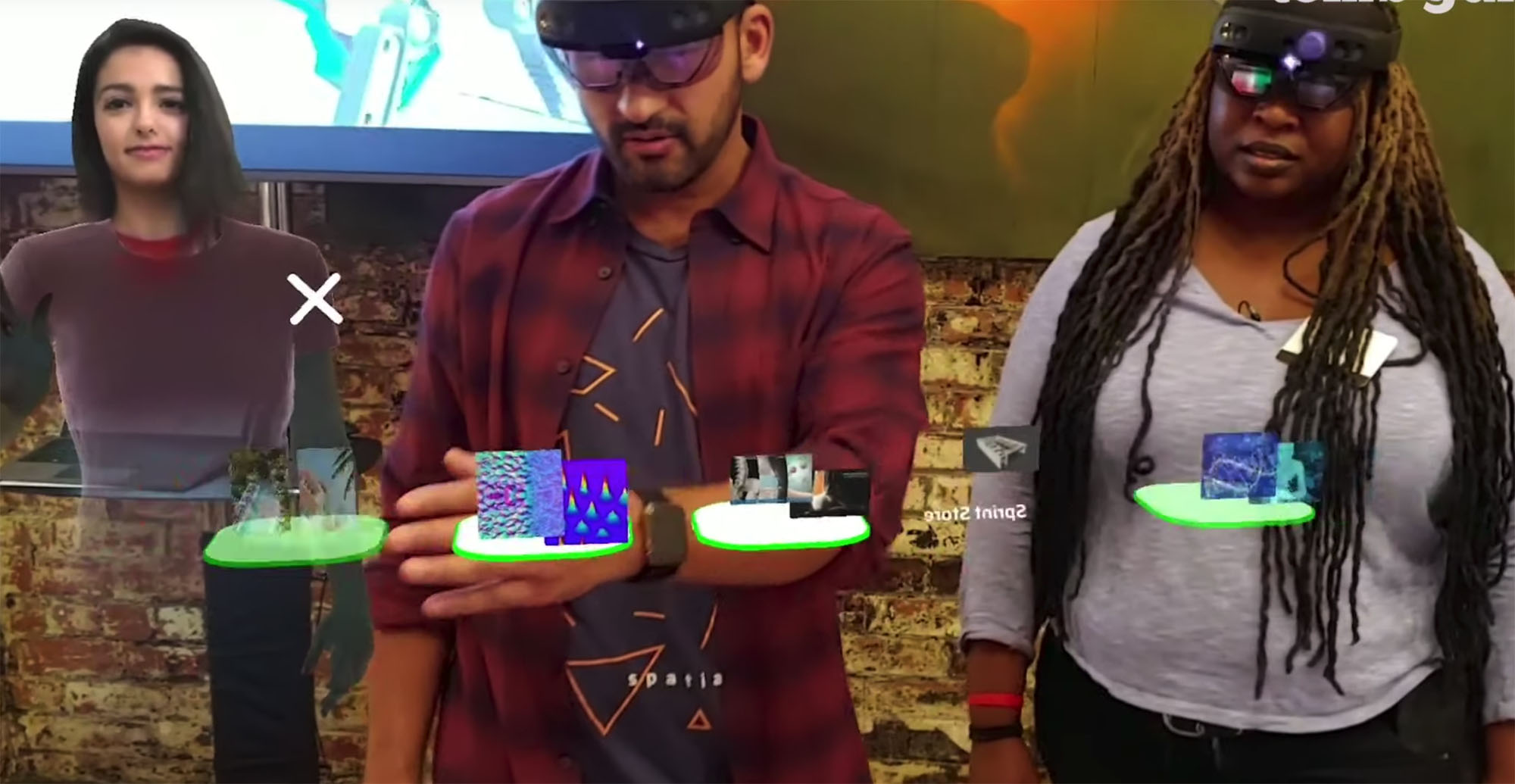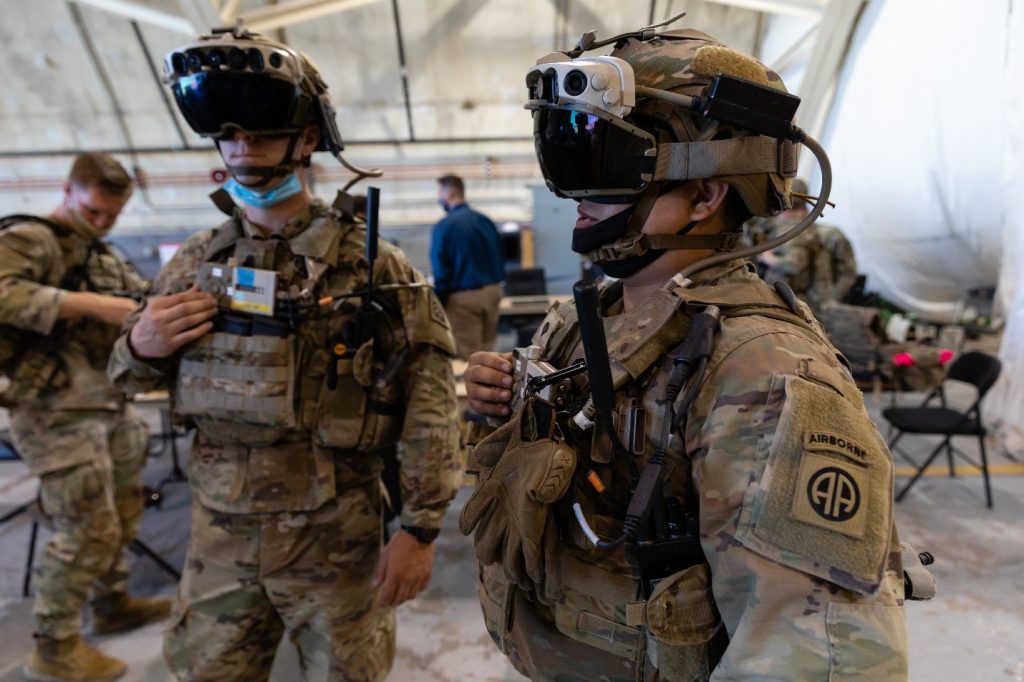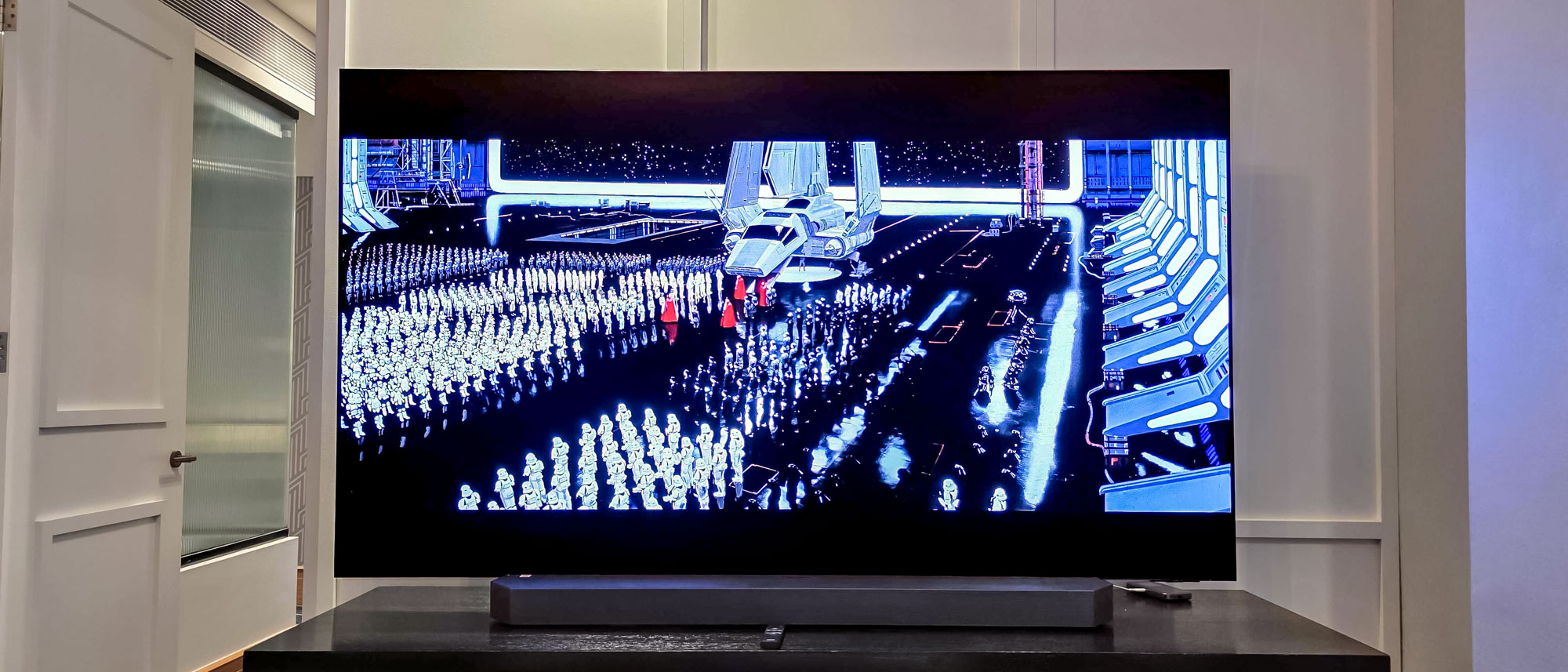Microsoft Hololens 3's death greatly exaggerated, says Microsoft
"Don't believe what you read on the Internet" says Hololens frontman

Microsoft's Hololens 3 augmented reality headset is still very much a thing, according to Microsoft's Alex Kipman.
Kipman is an engineer and Microsoft fellow who has been the public face of Hololens ever since it was first publicly unveiled in 2015. After a Business Insider article circulated last week claiming the Microsoft Hololens 3 is reportedly dead, someone shared a link to the story with Kipman on Twitter on Thursday (February 3) along with a plea not to cancel the project.
The Hololens frontman responded with words of reassurance, though he refrained from rebutting the claims of the Hololens 3's death outright. Instead, Kipman told readers "don't believe what you read on the internet. #HoloLens is doing great," adding that similar reports circulated about the Hololens 2 prior to its 2019 debut.
"If you search said internet they also said we had cancelled #HoloLens2," wrote Kipman. "Which last I checked we shipped with success."
don't believe what you read on the internet. #HoloLens is doing great and if you search said internet they also said we had cancelled #HoloLens2... which last I checked we shipped with success [)-)February 3, 2022
The team at Business Insider have since published a follow-up in which a trusted anonymous source said to have knowledge of the Hololens 3 roadmap calls Kipman's assertion "complete bullshit" and says "all of the people who were working on it have been distributed to other programs or have left the company. Microsoft might take the HoloLens 2 and put lipstick on a pig for another release," but that product will not be Calypso, the reported codename for what was to be a Hololens 3 AR headset designed to operate independently as a wearable computer.

However, Microsoft is (according to BI) believed to have at least two other Hololens-related projects still ongoing: A Hololens model adapted for military use, and a model Microsoft is working on in partnership with Samsung that is believed to function like a headset with screens which pair with and are powered by a (Samsung) phone in your pocket.
BI believes this project is known as "Project Bondi", and its "wearable screens paired with a phone in your pocket" approach sounds reminiscent of what we're expecting the long-rumored Apple Glasses to be.
Sign up to get the BEST of Tom's Guide direct to your inbox.
Get instant access to breaking news, the hottest reviews, great deals and helpful tips.

And in truth, Kipman might be proven right if one of those other projects eventually ships as a Hololens 3. He's certainly right that Microsoft did ship the Hololens 2 in 2019, albeit as a $3,500 headset chiefly marketed as a device for commercial and industrial applications.
The fact that Microsoft (or Kipman, at least) is making a public show of support for the Hololens 3 suggests the company still has a meaningful investment in the augmented reality headset and wants to keep fans interested. That does make the notion of a Hololens 3 launch seem more likely, despite the damning reports which circulated last week claiming that work on the Hololens 3 stopped last year due to internal conflict.
According to reporting from Business Insider, there were at least two factions arguing over the future of Hololens. One believed it should be primarily focused on military and enterprise applications, while another wanted the Hololens to be focused more on entertainment and home use. Reports that Microsoft scrapped work on a physical headset in favor of partnering with Samsung to manufacture the Hololens hardware also caused unhappiness in the ranks, according to BI.
That lines up with a recent Wall Street Journal report that over 70 people quit the Microsoft Hololens team over the past year, and roughly 40 of them are believed to have gone over to work at Meta, the company formerly known as Facebook.
With excitement (at least among VCs and other investors) about the prospect of an AR/VR "metaverse" continuing to grow, it's likely we'll hear more from Microsoft, Apple and other tech titans about their AR/VR initiatives later this year. In fact, Apple's AR/VR headset could launch as soon as late this year, though it could bet pushed back to 2023.

Alex Wawro is a lifelong tech and games enthusiast with more than a decade of experience covering both for outlets like Game Developer, Black Hat, and PC World magazine. A lifelong PC builder, he currently serves as a senior editor at Tom's Guide covering all things computing, from laptops and desktops to keyboards and mice.
